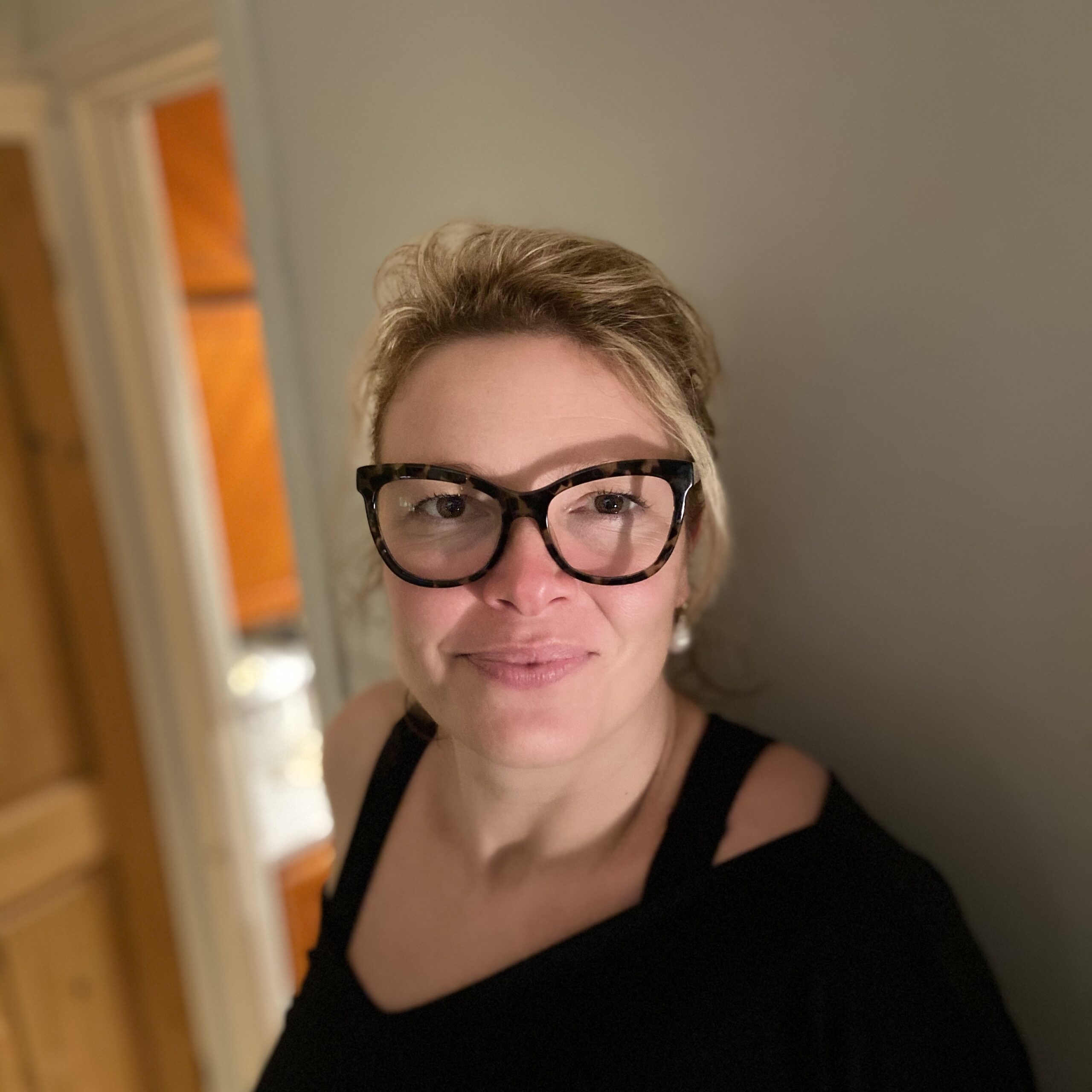We have a wonderful range of wellbeing and exercise classes at The Complementary Health Centre to help keep you fit, active, and connected.
All of our classes here in Lee are taught by experienced and skilled Studio Class teachers!
Click on the classes to see teacher contact/ how to book information.
Please note, should there be no information it means the class is full.
If you are interested in joining a class, please call us on 020 8297 8887 or email us on info@chc-lee.co.uk
Our receptionists will be happy to help and if there are class places available they will put you in touch with the class teacher.
Yoga is an ancient form of exercise that aims to boost physical and mental well-being. The practice originated thousands of years ago in India, making its way to the west in the late 18oos. Yoga comes from the Sanskrit word ‘yuj’ meaning yoke or to join. There are many types of yoga you can practice, such as Iyengar, Astanga, Vinyasa, Yin etc. Many of these practices have their roots in ‘Astanga’ or eight-limbed path.
If you have a health condition, injury, or you are pregnant and want to take part in a class, we advise seeking medical advice beforehand. We also recommend that you chat with your yoga teacher before the class starts. Our teachers are more than happy for you to contact them with any questions.
The centre has yoga mats for students to use, but you are welcome to bring your own.
If you want to know more about the practice of yoga and teachers’ accreditation, go to the Yoga Alliance website. Go to our yoga teachers’ pages, to find out more about their classes.
Tai Chi form consists of a sequence of smooth and flowing movements performed at a slow rhythmic pace with co-ordinated breathing, full concentration and attention to good body alignment. Tai Chi can have a number of health and wellbeing benefits. By using a natural range of movement it is designed to improve the flow of ‘life energy’ – Chi (or Qi) – through the body.
Tai Chi’s gentleness helps to ensure that anyone practicing does not suffer strain or other muscular injuries. It can improve flexibility, coordination and balance. A moving meditation, T’ai Chi Ch’uan can help with managing stress, and promote a sense of inner peace and tranquillity. Tai Chi benefits people of all ages, culture, religion, lifestyle and belief who practice throughout the world.
The gentleness of the Taoist physical culture helps with increasing strength, stamina, co-ordination, and flexibility whilst developing a flexible and supple body. All styles of T’ai Chi keep to certain basic principles to ensure effectiveness as a martial art and maximise the health benefits.
By adhering to these principles, good body alignment and natural range of movement and articulation can develop without force or impact. The lack of force leads to relaxation and can improve circulation, reduce blood pressure and stimulate the immune system.
Regular practice can lead to an improvement in stress related illnesses; it may also have a positive effect on general health and well-being, and may help to bring increased vitality.
Taoist exercise develops the physical body, enabling it to achieve and maintain it’s natural potential for health and fitness with coordination of movement. Coordination improves, as does sensitivity and balance. Self-discipline and bodily control are the first steps to personal growth and development.
The growth in physical control and stability is reflected in the form of a balanced mind, capable of making rational decisions and taking responsibility. T’ai Chi calms the spirit. Sharpens the faculties and improves sensitivity and awareness. Meditation stimulates and clears the mind, which becomes free, active and spontaneous.
Good breathing, balance and a calm mental state help to stabilise the emotions. The physical and mental exercise provides a healthy channel for emotional energy. The Arts can help stimulate and release blocked energy and facilitate positive emotional expression.

The Taoist philosophy of Yin and Yang is inherent in all phases of growth and development. In it’s highest application the Taoist Arts teach the principles of natural spiritual growth.
Thought to have been created in China over 2,000 years Qigong is considered a collective term for a long-established system of exercise which generally promote health and well-being.
Qigong exercises can help individuals deal with a variety of particular issues, whether related to health, mobility, fitness or calming the mind and spirit. The two types of Qigong taught at CHC are from the Li system of health and martial arts and are known as K’ai Men and Tao Yin.
Open Door
Exercises are sometimes called Taoist yoga and are a soft and
gentle exercise system. K’ai Men exercises are performed by coordinating movements
with the breath, by doing so the body is never put under any controlled stress. This in turn
allows the joints to open and flexibility to increase without strain. K’ai Men exercises
strengthen muscles, tendons, ligaments & bones, improves circulation, and also promotes
relaxation and well-being throughout the body.
There are about 400 K’ai Men exercises each having 5 variations so that each exercise
can tailored to improve the health and well being of the individual student. The Li system
has the most extensive collection of K’ai Men of any family system.
(Secret Island)
is translated as Respiration Therapy. Performed in a similar way
to K’ai Men exercises Tao Yin have been used for centuries as therapeutic breathing
exercises designed to benefit specific ailments and to create and maintain harmony in the
organs of the body. The practise of Tao Yin can enhance the autonomic nervous system,
increase mental capacity & concentration, increase perception & intuition and lead to a
tranquil mind.
Qigong exercises can be adapted to suit the ability of the practitioner, even those with significant disabilities. Their action creates a gentle improvement in the range of movement without any stress or straining. As such they are beneficial for all age groups and ability levels and, when properly adapted, particularly suitable for those for whom high impact or aerobic exercise would not be recommended.
Body Control® Pilates (BCP) is an exercise programme recommended by medical professionals that aims to synergise mind and body to rebalance the individual from deep within. It combines the principles of alignment, breathing, core-stability, co-ordination, concentration, flowing movement, stamina and relaxation to give a workout that is both mentally and physically challenging. By strengthening core muscles within the body, BCP can help protect and strengthen the spine. It also helps to restore the body’s correct movement patterns lost due to bad postural habits, continued repetition of movement and injury. Regular practice can help relax and energise and provide many great benefits including increased strength, fitness and flexibility, improved posture and stronger, healthier joints.
Pilates also allows the body to unwind, and to find a deeper connection between physical and emotional being through the use of breath.
Pilates for Beginners
This class is designed specifically for complete beginners. You will learn the basic exercises which are the cornerstones of any Pilates Matwork class. Over the weeks, we gradually increase the repertoire of exercises and add new variations. And yes, the breathing will start to make sense. If you’ve never done Pilates before, have tried it but found it too confusing, or are coming back to it after a while, this is the class for you.
Experienced instructors offer a variety of classes at Lee Complementary Health Centre suitable for different levels and abilities from beginner to advanced. They also work closely with Osteopaths at the centre to offer tailored 1:1 programmes for individuals, where BCP has been recommended.
The Intelligent Birth Course, combines evidence-based birth physiology with advanced tools from NLP (Neuro-Linguistic Programming), Clean Language, and mBIT neuroscience. Sophie’s philosophy is simple: Your body makes no mistakes. Her goal is to help you navigate your unique birth journey – whether physiological, medicated, or C-section with strategy, kindness, and calm.
WHO IS THIS FOR?
Couples (partners are heavily involved).
Women aged 35+ or second-time mums who want more control and strategy.
Any birth plan: Home birth, Hospital, or Elective C-Section.
It’s not just breathing: We use clinical tools (NLP/Neuroscience) to train the brain.
The “Flower Hour”: Sophie teaches a specific biological strategy for knowing exactly when to go to the hospital.
The Private Session: Unlike NCT, every couple gets a private 1:1 coaching call with Sophie at 37 weeks.
REFERRAL CODE: CENTRE10.
This gives you £10 off the booking.

Join JellyBabies’ Laura Igiehon for a relaxed and nurturing 5 week Baby Massage course.
The sessions are very relaxed, the aim is to give you a special time to bond with your baby, to learn how to read baby’s cues and to massage them safely.
We begin each session with a short relaxation for you and then we learn massage strokes for a different body part each week. We will also learn some gentle baby yoga moves to align the spine, promote flexibility and brain development.
Please don’t worry if baby is asleep during the sessions or seems to feed the whole way through, as it’s very much a baby-led course and you can refer to your booklet when baby is awake at home.
Also please feel totally relaxed to feed, cuddle and change baby in class, as you would at home, it is a very relaxed course.
Feldenkrais is a gentle, neuroscience-based movement method that helps your body move with less pain, less effort, and more ease. Instead of stretching or forcing muscles, Feldenkrais uses small, mindful movements to improve how your brain organises posture, balance, and coordination.
People often choose Feldenkrais for:
Persistent pain or stiffness
Movement limitations
Postural or gait issues
Recovery after injury
Nervous system dysregulation
Building steadier, more confident movement
Sessions are calm, curious, and completely non-invasive. You’re guided through simple movements that help your body discover new options — often reducing tension and improving mobility without pushing through discomfort.
Feldenkrais is ideal if you want to improve how you move, rather than just treating symptoms. Over time, the method helps your whole system become more efficient, coordinated, and resilient.
If you’re looking for a gentle approach that works with your nervous system — not against it — Feldenkrais is a smart place to start.